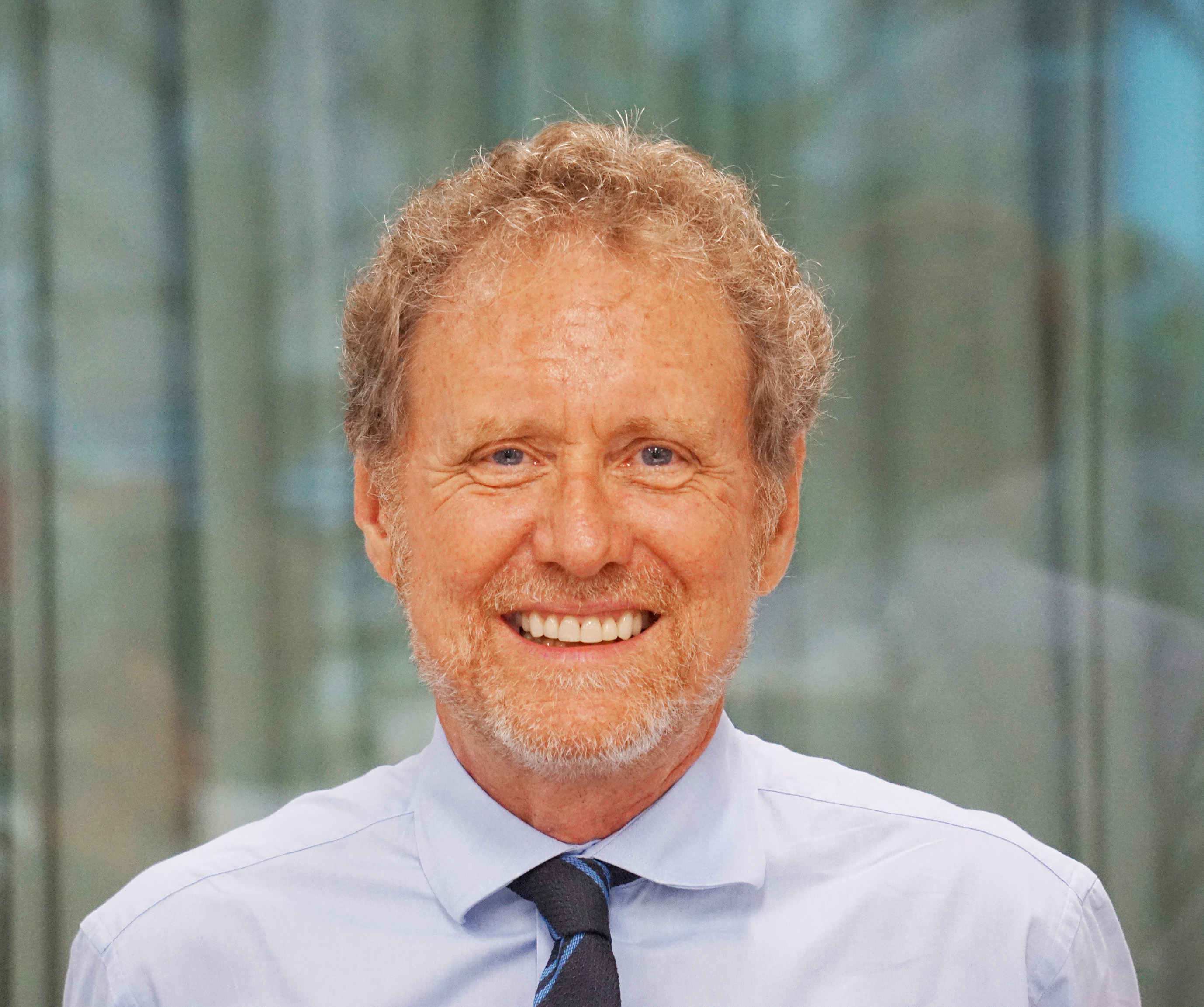
Using your imagination to vividly picture ‘a future you’ could be a key to health goals like losing weight, quitting smoking or drinking less alcohol.
A joint QUT and University of Plymouth study, published in the International Journal of Obesity, has shown a new motivational mental imagery intervention called Functional Imagery Training (FIT) helped overweight people lose five times more weight than those using traditional talking therapy.
Impressively, they also continued to lose weight after the six-month intervention finished.
The UK trial involving 141 overweight Brits was led by Dr Linda Solbrig from the University of Plymouth, and used the FIT intervention method developed by QUT psychology researcher Professor David Kavanagh and Plymouth’s Professor Jackie Andrade and Professor John May.
The trial also used the Goal in Mind app, which was developed at QUT by Professor Kavanagh to help people practice their mental imagery and stay on track to achieve their goals.
It has been released publicly and is available for free download on Google Play.
Professor Kavanagh said most people knew in theory what they had to do to lose weight, stop smoking or drink less.
But he said the stumbling block was motivation and keeping going over time.
“Mental imagery is about vividly imagining achieving your goal, making the experience as real as if it is happening now, using all of your senses,” he said.

The Goal in Mind app.
“It’s often used as a motivator by sports trainers and psychologists, but can be applied by anyone to any goal.”
Dr Solbrig’s UK trial of functional imagery training involved 141 overweight adults, with half receiving the Functional Imagery Training intervention (the FIT participants) and half receiving a more traditional talk-based ‘Motivational Interviewing’ method (the MI participants).
They received around four hours of in-person and phone counselling, but no diet or exercise advice.
Regularly picturing themselves running without puffing, wearing the clothes of their dreams, or being fabulous at a milestone occasion really paid off for the FIT participants.
By the end of the six-month trial they had lost an average of 4.11kg, whereas the MI participants had lost an average of just 0.74kg.
Both groups were revisited at 12 months – after six months of going it alone – and those who had been using mental imagery were up to a total average weight loss of 6.44kg, compared with the MI group, who had gained 0.67kg over the year.

Professor Kavanagh is currently completing a four-year study to see if functional imagery training over the phone can help Australians reduce alcohol consumption.
The project was funded by an $895,000 National Health and Medical Research Council grant, and recruited people from across Australia. Results from that trial are expected next year.
Professor Kavanagh has researched online psychological programs for over 20 years, including phone apps and using robots in healthcare. He is a member of QUT’s Institute of Health and Biomedical Innovation and the university’s School of Psychology and Counselling.
QUT Media contacts:
- Mechelle McMahon | (07) 3138 3152 | media@qut.edu.au
- Rose Trapnell | 0407 585 901 (including after hours)




